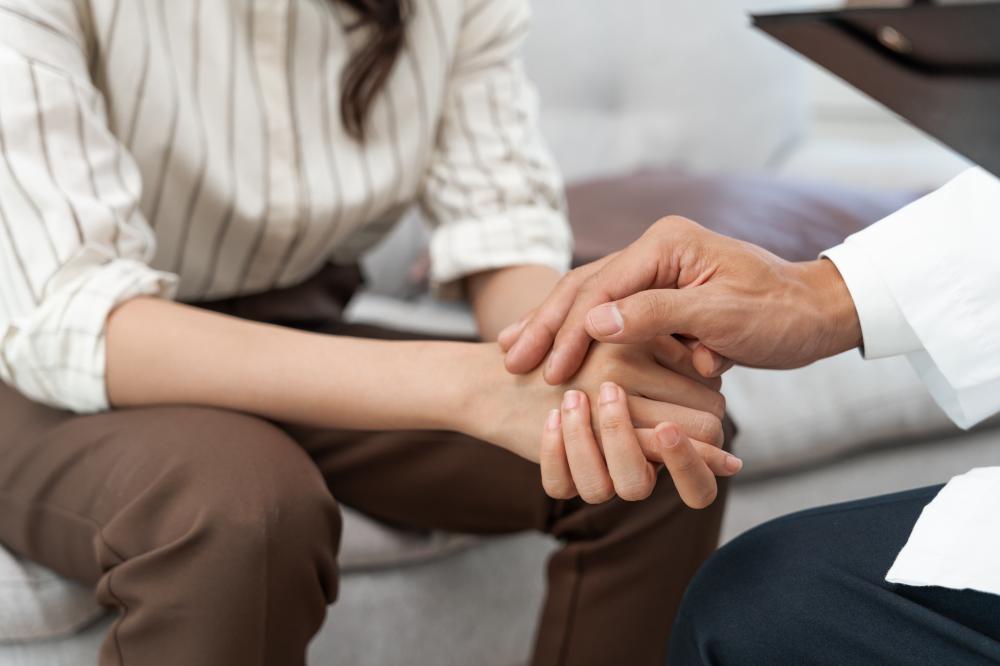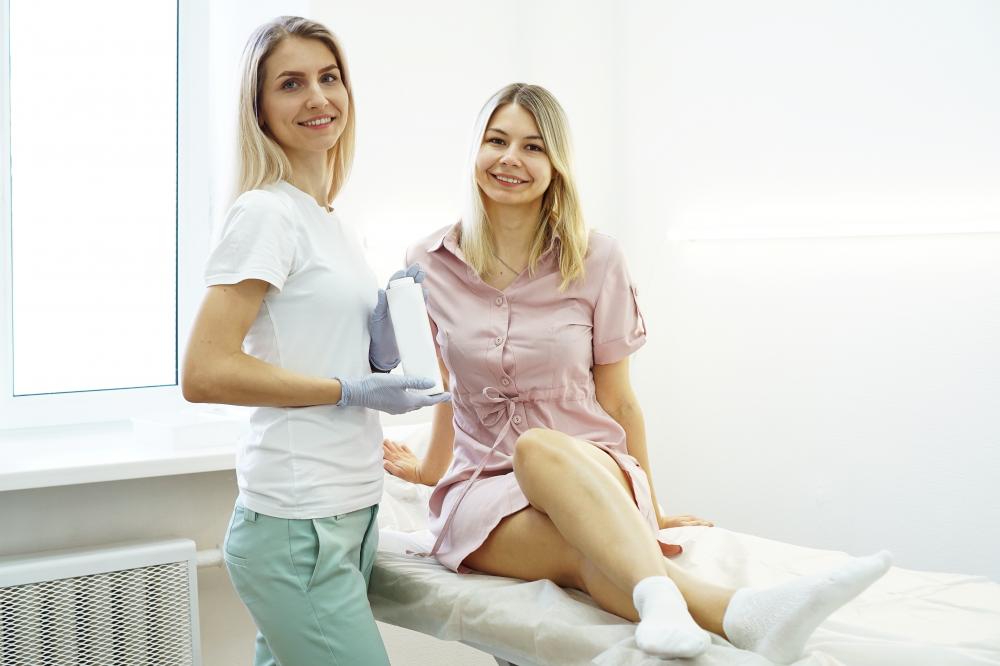
The Best Treatment Centers for Women
In the journey towards healing and recovery, finding the right support and care is critical. Treatment centers for women offer a unique blend of services tailored to address the specific mental health and addiction issues facing women today. These centers provide a sanctuary for those seeking to overcome their struggles and regain control of their lives.
The Importance of Personalized Care
Every individual’s journey to recovery is unique, and so should be the care they receive. Personalized treatment plans that consider the whole person–mind, body, and spirit–are integral to the healing process. Specialized programs that cater to women’s needs help in addressing the root causes of mental health issues and addictions, paving the way for effective and long-lasting recovery.
Comprehensive Programs at Treatment Centers for Women
Understanding the Spectrum of Care
Treatment centers for women do more than just address the symptoms of mental health conditions or substance use disorders. They offer a comprehensive approach that includes various therapeutic modalities designed to heal the entire person. From individual and group therapy sessions to nutritional counseling and holistic therapies, these centers provide all-encompassing care.
Creating a Supportive Environment
One of the cornerstones of successful treatment is the creation of a supportive and understanding environment. This is particularly true in treatment centers for women, where creating a safe space allows individuals to open up and share their experiences and challenges without fear of judgment.
Specialized Treatment Options
Treatment centers for women often offer specialized programs to meet the diverse needs of their clients. These might include services focused on trauma-informed care, dual diagnosis treatment, and programs designed for women with children. Tailoring treatment to meet these specific needs increases the effectiveness of recovery efforts.
Empowering Women through Recovery
Empowerment is a critical component of recovery. Treatment centers for women focus on building strength, resilience, and independence, ensuring that individuals leave with the tools and confidence needed to face the challenges of daily life. Empowering women to take control of their recovery promotes lasting change.
Holistic Approaches to Healing
Many treatment centers for women embrace holistic approaches to healing, recognizing the interconnectedness of physical, mental, and spiritual health. Activities like yoga, meditation, and art therapy complement traditional therapies, providing a well-rounded approach to recovery.
Community Integration and Support
Integration into a supportive community is an essential step towards lasting recovery. Treatment centers for women often emphasize the importance of building connections and fostering relationships that support a sober, healthy lifestyle. Whether through alumni programs, support groups, or community activities, these connections are invaluable.
Addressing the Unique Challenges Faced by Women
Women face unique challenges in their journey towards recovery, including societal pressures, trauma, and the roles they play in families and society. Treatment centers for women are equipped to address these issues, providing a safe space where individuals can focus on their healing.
Creating a Nurturing Environment for Healing
A nurturing environment plays a vital role in the recovery process. Treatment centers for women are designed to be places where individuals can find peace, comfort, and the motivation to heal. Through compassionate care and a focus on the individual, these centers help women embark on a journey to a healthier, happier life.
- Individualized treatment plans
- Therapies addressing physical, mental, and spiritual health
- Empowerment and resilience-building
- Community support and integration
Pathways to Lasting Recovery
The ultimate goal of any treatment program is to guide individuals towards a path of long-term recovery. By offering a combination of personalized care, specialized treatment options, and a supportive environment, treatment centers for women lay the groundwork for lasting health and wellness.
What not to say to someone in rehab?
It’s crucial to approach conversations with empathy and understanding, avoiding phrases that may unintentionally belittle their experience. Saying things like “Just get over it” or “I know exactly how you feel” can feel dismissive of their struggle. Instead, focus on offering support and expressing your belief in their ability to heal. Remember, each journey to recovery is deeply personal, and your willingness to listen often means more than finding the perfect words.
What is another name for a residential treatment facility?
Residential treatment facilities are often referred to as rehab centers, therapeutic communities, or recovery residences. These terms highlight the focus on healing and the supportive community aspect of these environments. At Alta Loma, we view our center as a place of transformation where residents not only receive treatment but also learn to build a supportive network, crucial for long-term recovery.
What are the different types of support for substance abuse?
Support for substance abuse spans a wide range, including individual therapy, group therapy, family therapy, and peer support groups like Alcoholics Anonymous or Narcotics Anonymous. Medication-assisted treatment (MAT) and holistic approaches like mindfulness and yoga can also play a crucial role. It’s about finding the right combination that resonates with the individual’s unique situation, something we prioritize in our approach to care.
How to treat someone who just got out of rehab?
Approach them with kindness, understanding, and patience. Recognize that the transition back into everyday life can be challenging, and offer your support without overwhelming them. Encourage open communication, establish healthy boundaries, and be mindful of not enabling negative behaviors. It’s also important to celebrate their progress, no matter how small it might seem. Creating a stable and supportive environment is key to helping them maintain their recovery journey.
How do treatment centers for women address mental health in recovery?
At centers like Alta Loma, we integrate mental health treatment into the recovery process to address both substance use and underlying mental health disorders simultaneously. This dual-diagnosis approach is critical as mental health issues and substance abuse are often interconnected. By providing therapies such as cognitive-behavioral therapy, alongside medication management and holistic practices, we aim to treat the whole person, not just the addiction or mental illness in isolation.
What role does community play in recovery?
Community plays a foundational role in the recovery process. It provides a sense of belonging, shared experiences, and mutual support that can be incredibly empowering. In treatment settings, building a community helps residents feel understood and less isolated in their struggles. Post-rehab, community engagement through support groups or activities keeps individuals connected to a supportive network, offering encouragement and accountability on their journey to long-term recovery.
Why is personalized care important in treatment centers for women?
Personalized care is vital because each woman’s journey into recovery is unique, influenced by her life experiences, struggles, and strengths. A one-size-fits-all approach simply doesn’t address the complexity of individual needs. By tailoring treatment plans, we can better address the root causes of addiction and mental health issues, offer more relevant support, and significantly improve the chances of successful, long-term recovery. At Alta Loma, personalization is at the core of everything we do, ensuring that each woman receives the care and support that resonates most deeply with her own path to wellness.







